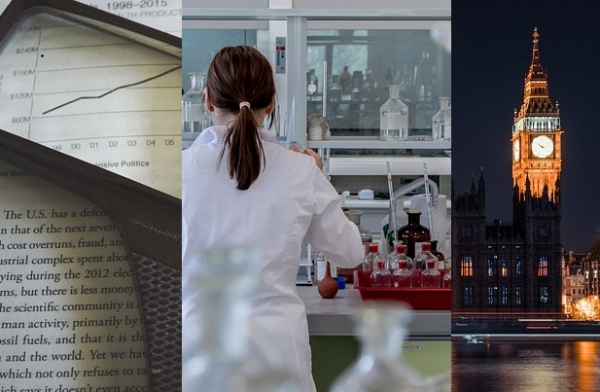
Lindsay Walker, Lindsey Pike, Marsha Wood, Hannah Durrant
Access to reliable and timely evidence is essential for parliaments to effectively execute their four main functions of scrutiny, legislation, debating and financial oversight. Sources of evidence can be diverse, with academic research only one type of information that is used in parliamentary processes.
A substantial recent study, led by the Parliamentary Office of Science and Technology (POST), examined the role of academic research in the UK Parliament. Findings revealed that, while research in its broadest sense is useful for parliamentary work, challenges remain, with academic research still “not cutting through”. General surveys and follow-up interviews – including with MPs, MPs’ staff, parliamentary staff and peers – identified lack of accessibility and poor communication as challenges to the use of academic research. For example, evidence in academic sources was commonly thought to be presented in a complicated way, with one MP commenting: “Academic research is usually not that user-friendly from our point of view as users”. An earlier study of UK parliamentary staff also found that academic research was seen to be “too abstruse.” Continue reading

